From China's zero-COVID stance to a blood moon eclipse – Here's your November 8 news briefing
To start off, we're looking into: China’s zero-COVID measures are here to stay – Since the pandemic started, China has had some of the strictest COVID restrictions in the world – also known as its zero-COVID stance.
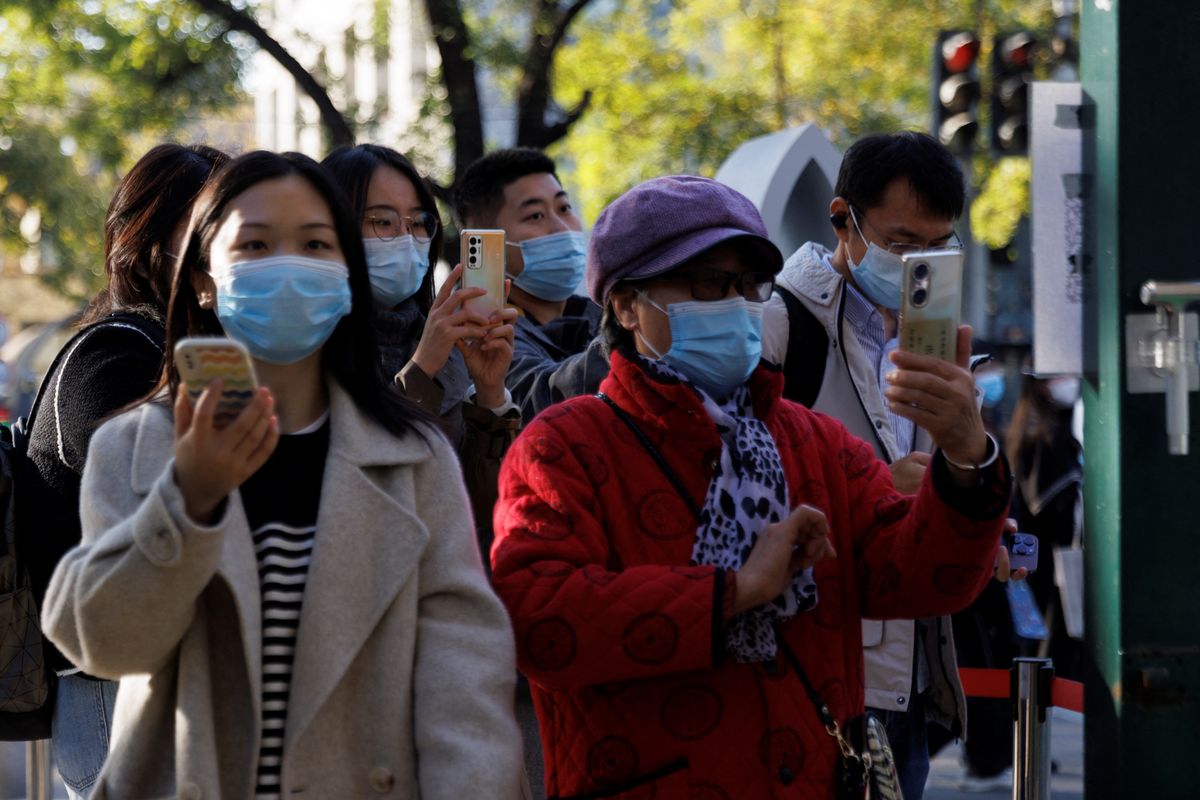
A few minutes every morning is all you need.
Stay up to date on the world's Headlines and Human Stories. It's fun, it's factual, it's fluff-free.
To start off, we're looking into:
China’s zero-COVID measures are here to stay
Since the pandemic started, China has had some of the strictest COVID restrictions in the world – also known as its zero-COVID stance. So, markets and businesses have been hoping for a while that the country might reopen to the world sooner than later. Last week, markets rallied, optimistic that China may be looking to ease COVID restrictions.
But, over the weekend, China vowed to "unswervingly" continue its zero-COVID strategy to cope with an outbreak of local cases. Even with its strict COVID measures, China just reported its highest number of COVID cases since May. The zero-COVID approach has weighed on the economy and crude market, as it's the world's biggest crude importer. Some Wall Street analysts say there's no sign of China easing the COVID strategy, resulting in a gloomy economic outlook before its annual parliamentary session in March.
Apple says you may wait longer to receive an iPhone
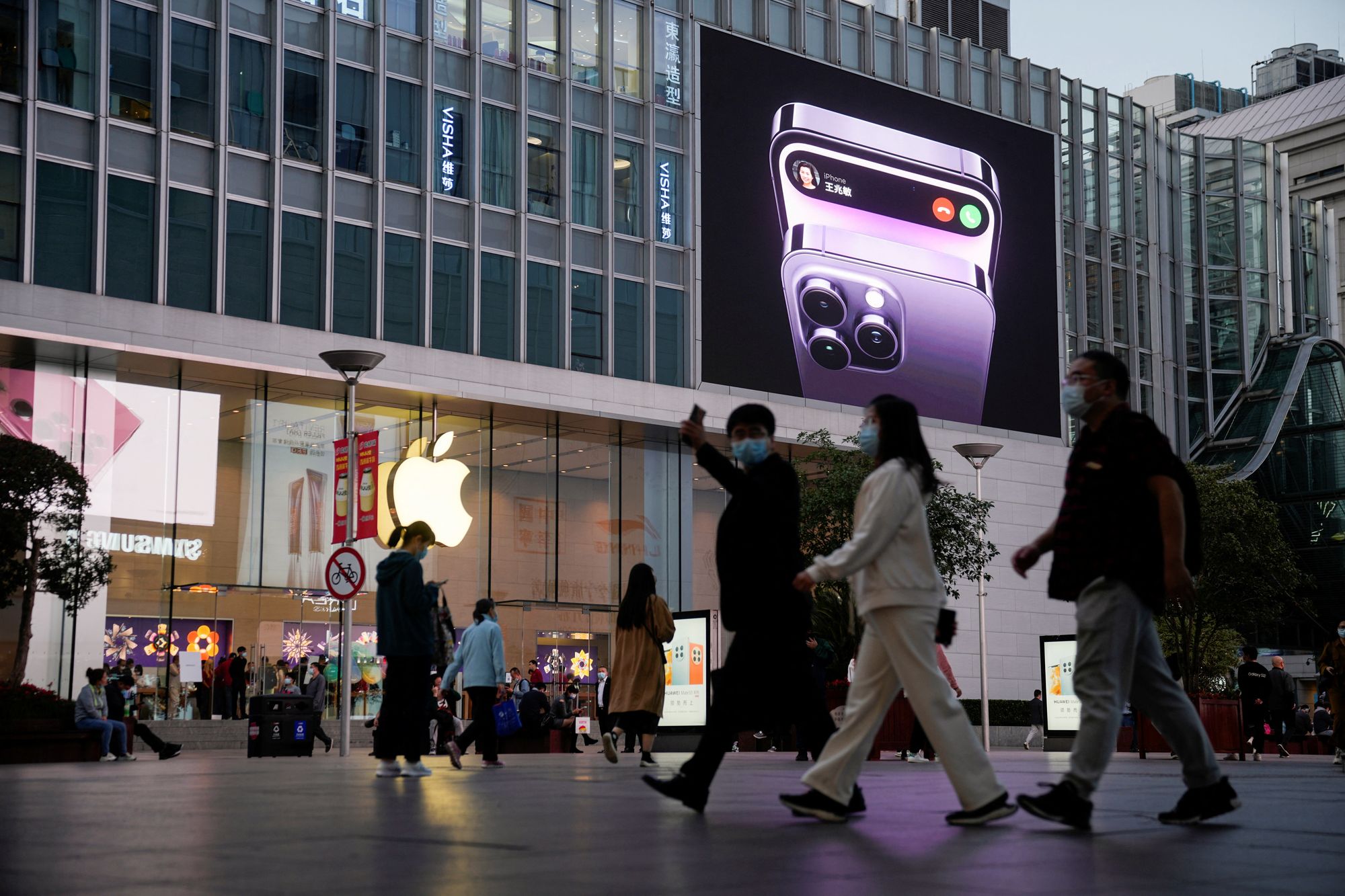
Foxconn, the world's biggest iPhone factory in Zhengzhou, China, has been through a lot over the past few weeks – workers were fleeing on foot because of strict COVID measures, and China's lockdown in Zhengzhou last Wednesday has it operating at a reduced capacity. But with the tightening COVID policy outlook in China, iPhone output could slump by up to 30% in November, according to an insider.
So, Apple has said it's looking at fewer iPhone 14 shipments than expected, meaning iPhone orders will be backed up. According to the Apple website, customers are looking at late November or early December to receive the iPhone 14 Pro.
North Korea’s simulated attacks
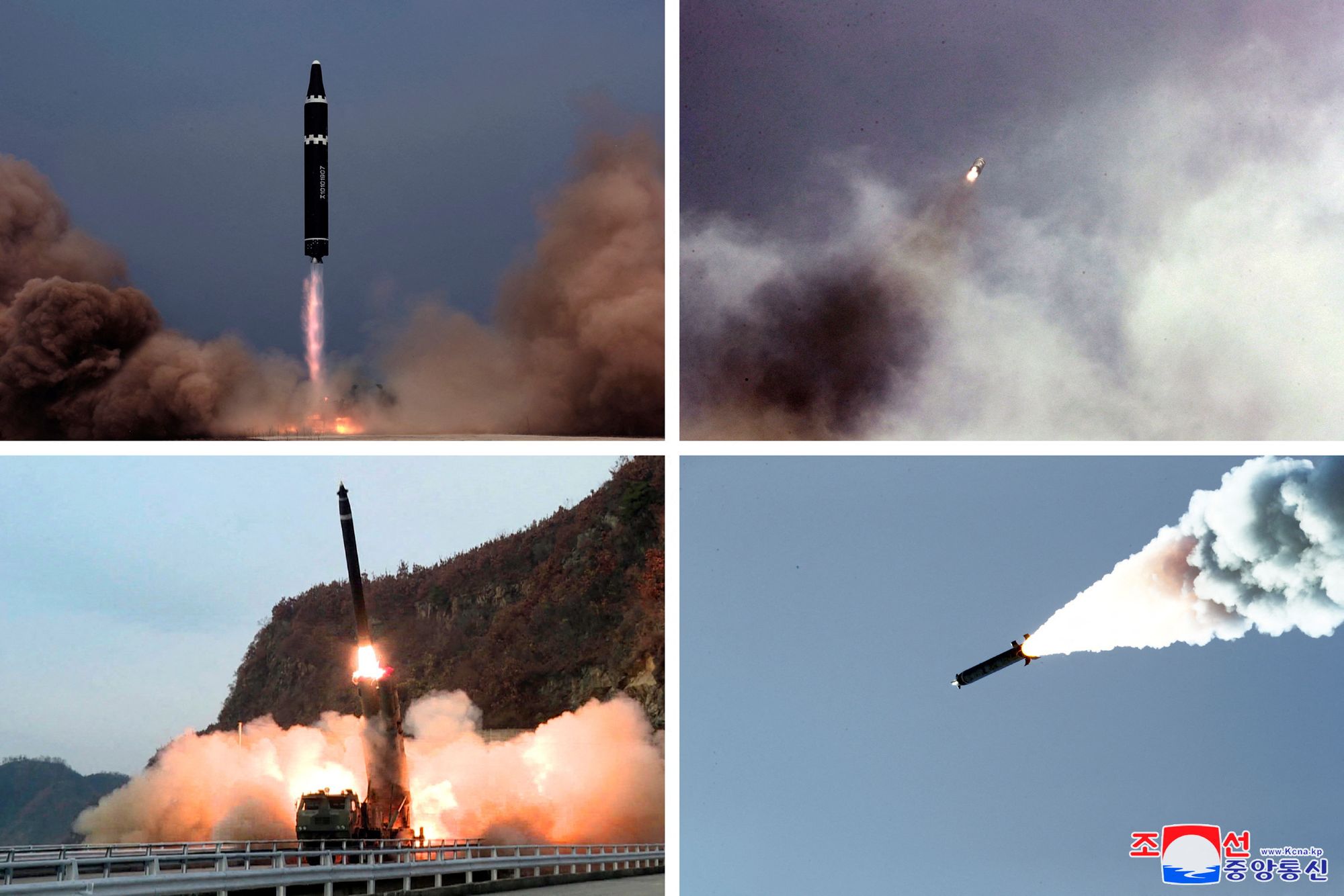
Last week, South Korea and the US were working on a military exercise called "Vigilant Storm," an aviation drill for their combined warplane arsenal. But North Korea warned that it would respond militarily if they kept up with the exercises, which it perceived as threatening. Last Wednesday, North Korea fired more than 20 missiles – the most in a single day – in response to the ongoing drill.
On Monday, North Korea confirmed that these recent missile launches were simulated strikes on South Korea and the US. It said it had been running attack drills for air bases, aircraft and a major South Korean city in response to the two countries running a "dangerous war drill."
To end, we'll look into:
How billionaires are driving climate change
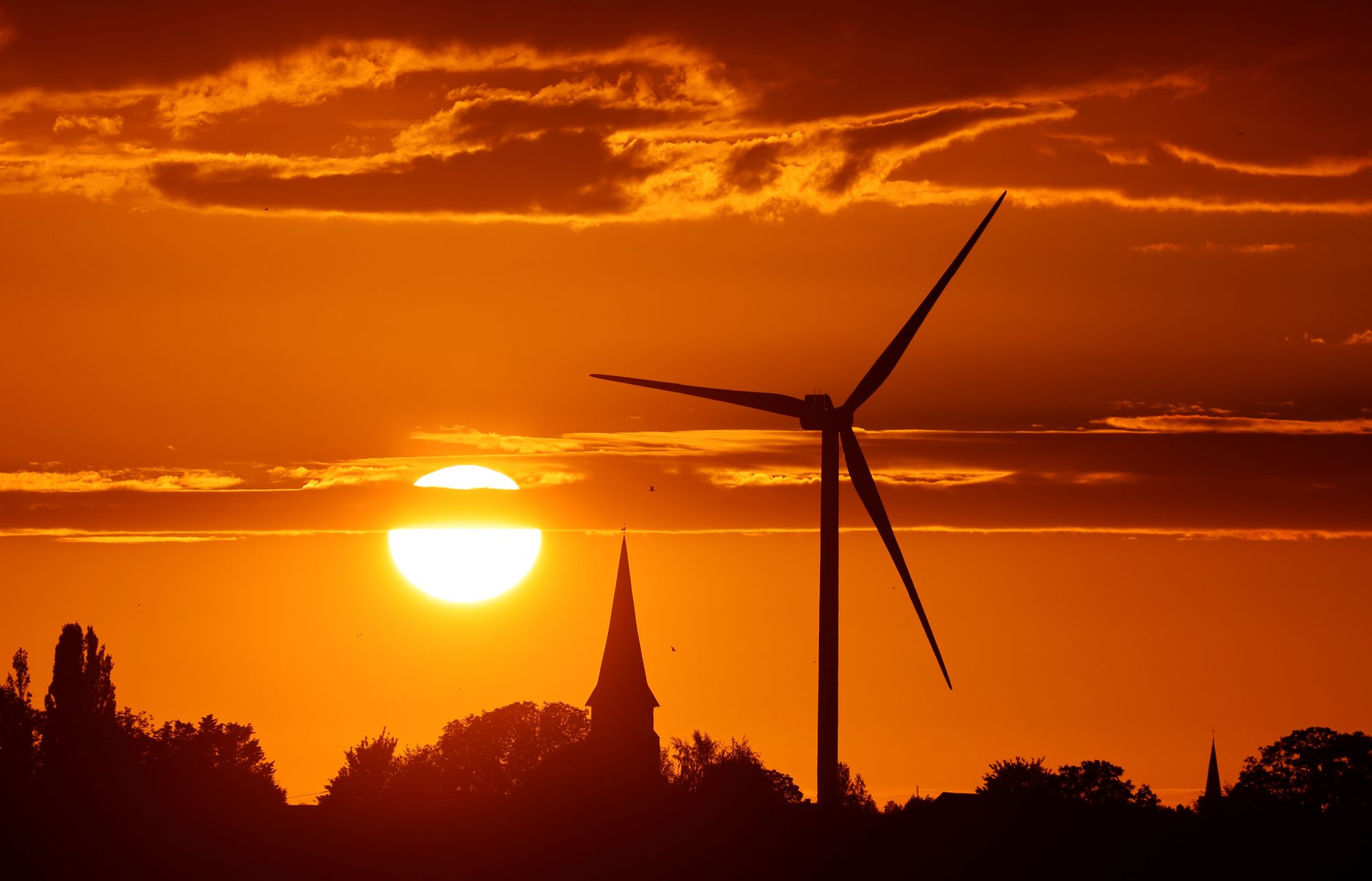
At this point, it's no secret that the rich have larger carbon footprints than the poor. But how much are the wealthy actually contributing to the climate crisis? And what's the driving force here?
A recent study by British charity Oxfam found that billionaires produce a million times more greenhouse gasses than the average person. The study focused on 125 of the world's top billionaires. While the total number of billionaires in the world is pretty small – just 3,311 people – their collective carbon footprint is bigger than some entire countries – think France, Egypt or Argentina.
Actually, there's evidence that the inequality between rich and poor individuals' emissions now buries country-to-country disparities. According to World Inequality Lab's Lucas Chancel, "We should put a little more effort on the top of the distribution, who concentrate a lot of the emissions, and who have not really been the focus of policies of the past decades."
But how is it even statistically possible for an individual to have such a massive environmental impact? Well, it isn't – directly. It's both the behaviors and the investments of these rich people that are the problem. Their investments make up for about 70% of their emissions. While their lifestyle choices – like using private jets and yachts – do contribute emissions that are thousands of times higher than the average person's, their investments totally blow those figures out of the water.
On average, billionaires in the study had 14% of their investments in polluting industries like energy and materials like cement. Only one of them had investments in a renewable energy company. On average, each billionaire's investment emissions produced 3 million tons of CO2 a year. The average emissions of the bottom 90% of earners are 2.76 tons of CO2.
Danny Sriskandarajah, Oxfam GB's chief executive, said: "We need COP27 to expose and change the role that big corporates and their rich investors are playing in profiting from the pollution that is driving the global climate crisis. It is people in low income countries who've done the least to cause it who are suffering the most – as we are seeing with the devastating drought in east Africa and catastrophic floods in Pakistan."
In other news ...
📈Stocks: MSCI’s global gauge of stocks is up 0.03% to 2534.47 at the time of writing.
📰Some specifics:
- Dow Jones rose 1.31% to 32,827.00.
- Nasdaq Composite is up 0.85% to 10,564.52.
- S&P 500 rose 0.96% to 3,806.80.
- Hang Seng Index boosted 2.69% to 16,595.91.
🧠Some quick factors to bear in mind:
- In the US, stocks rallied ahead of midterm elections on Tuesday, which will determine which party runs Congress. Investors are looking to the US consumer price index report on Thursday to show that inflation remains high.
- The UK's Q3 GDP numbers come out on Friday.
- Meanwhile, Chinese stocks listed in the US fell while others closed high after China announced it would stick to its strict zero-COVID policies.
- On Monday, China's exports and imports data unexpectedly fell in October, the worst performance since May 2020. Exports for the month shrank 0.3% compared to a 5.7% gain in September – below analysts' expectations for a 4.3% increase – as rising inflation and interest rates deflated global demand. Policymakers in China have their work cut out for them, as exports have been one of the country's better-performing economic sectors.
- Despite China confirming it would stick with its COVID measure, rumors abound that it will be easing up, although not for several months. In Hong Kong, stocks continued to rebound and rose over 2% on Monday, with Tencent gaining 2.9%, JD.com surging 3.1% and Meituan jumping 2.3%
👄Some comments and chatter:
- “Has the stock market been voting early?” said Ed Yardeni, founder of the Yardeni research firm. “Tomorrow’s midterm elections may further boost stock prices in coming months if history is a guide. Our soft-landing economic outlook, if it pans out (60% subjective odds), may be another wind at the stock market’s back.”
- “The market thinks the worst is over,” said Gary Ng, a senior economist at Natixis Corporate and Investment Bank. “The sentiment has already improved a lot since last week after the policy speculations. People now have more faith in a speedy reopening, despite not knowing when it will finally come.”
- "Looking forward, we think exports will fall further over the coming quarters ... We think that aggressive financial tightening and the drag on real incomes from high inflation will push the global economy into a recession next year," said Zichun Huang, an economist at Capital Economics.
🛢Oil: Oil prices fell on Monday over mixed signals on China, the world’s top crude importer, possibly adjusting its COVID stance. US crude settled at US$91.79, and Brent crude futures landed at US$97.92 per barrel.
👛Bitcoin: Bitcoin was down 2.13% to US$20,464.20 at the time of writing.
🌎Climate hell: As COP27 began on Monday, the UN Secretary-General António Guterres warned in his opening statement that the world is "on a highway to climate hell with our foot on the accelerator." The UN also found that the past eight years have been the hottest ever recorded.
🌱COP27 JET plan: Meanwhile, South Africa launched the Just Energy Transition partnership – backed by the UK, US, France, Germany and the EU – a US$8.5 billion investment plan to help the country shift from coal to green energy. This plan could be a blueprint for future decarbonization for other nations.
🍞Egyptian activist on hunger strike: Alaa Abd El Fattah, an Egyptian activist and software developer, has spent the last nine years imprisoned for his criticism of Egypt's government. The political prisoner has been on a hunger strike since April. Now, as leaders meet in Egypt for COP27, he's escalated his strike to the point of refusing water.
📢Peruvian protests: On Saturday, thousands of people occupied the streets across Peru to protest against President Pedro Castillo, a leftist whose government is under investigation for corruption. The protesters want his resignation. Castillo has called those who oppose his government "reactionaries" and "the enemies of people."
✈British minister to visit Taiwan: A British minister will visit Taiwan this week for trade talks, and he plans to meet with President Tsai Ing-wen. This move is drawing anger from China which sees it as another Western attempt to interfere in relations between the mainland and the island.
🐤Twitter layoff reversal: Elon Musk cut Twitter's workforce in half last week. But now, it looks like the company is reaching out to some ex-employees and asking them to come back. Twitter concluded that some layoffs happened in error or that the workers are essential for Musk's plans for the platform. He also announced last week that anyone impersonating another account would be banned. This happened after a few celebs changed their profile names to Elon Musk as a joke.
📱Huawei heads to Africa: Chinese tech giant Huawei recently hosted an Africa 5G summit in Bangkok, where it announced that, after facing bans in Europe and the US, the company is focusing on Africa. It’s looking to scale up investment in the continent’s “digital transformation.”
⚽Liverpool FC for sale: Fenway Sports Group, owner of the world-famous Liverpool FC, have said the club is up for sale. Goldman Sachs and Morgan Stanley are assisting in the club’s sale, and now rumors are swirling about who could potentially become its new owners.
🐶See ya later, dawg: South Korea's former President Moon Jae-in may give up two dogs he was gifted by North Korean leader Kim Jong-un. There's an ongoing dispute between Moon and the current government over who will fund looking after the dogs, which are technically considered state property.
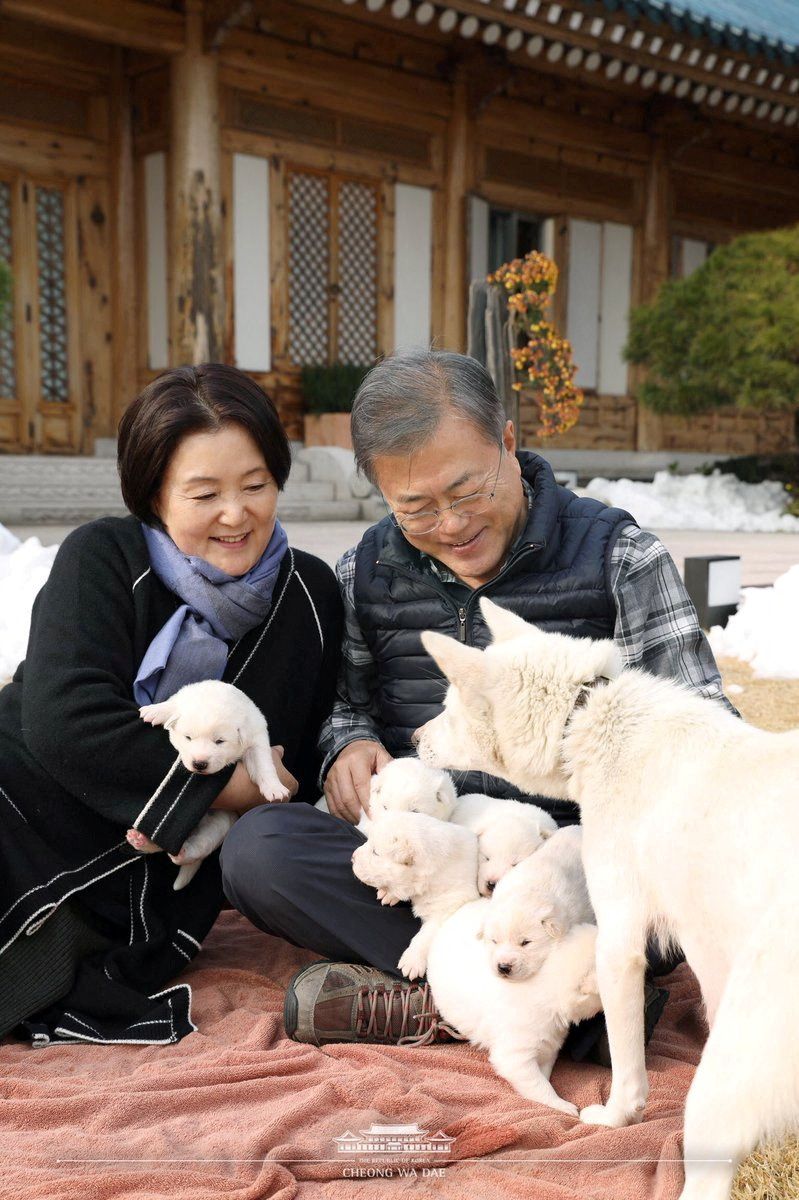
🦋Monarch butterflies return to Mexico: The first monarch butterflies have arrived in central Mexico, where they spend the winter. The first butterflies have been seen in the mountaintop reserves. The monarchs have shown up a few days late this year. They usually arrive around the start of November during Day of the Dead, and mountainside communities associate these butterflies with the returning souls of the dead.
🌒Blood moon: On Tuesday, the Earth, sun and moon will all align in a blood moon eclipse. This will be the last total lunar eclipse until March 2025, but there won't be another eclipse visible in Hong Kong until September 2025.
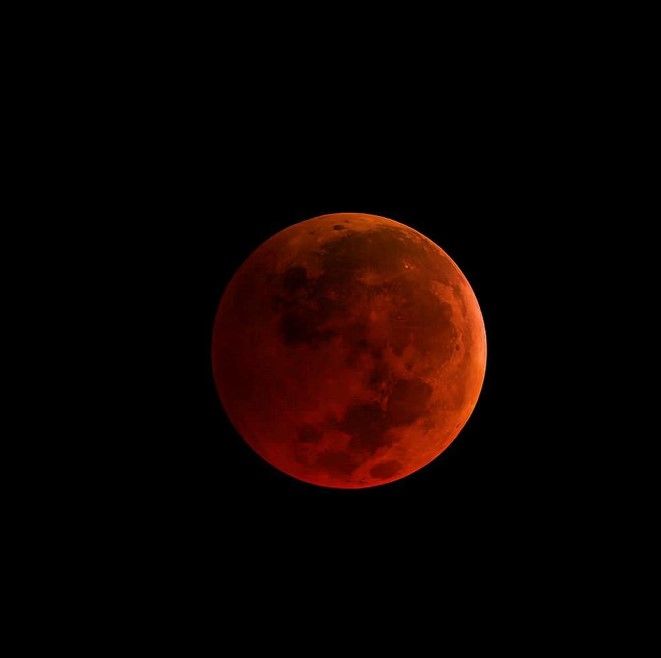
Written and put together by Joey Fung, Vanessa Wolosz, and Christine Dulion




Comments ()